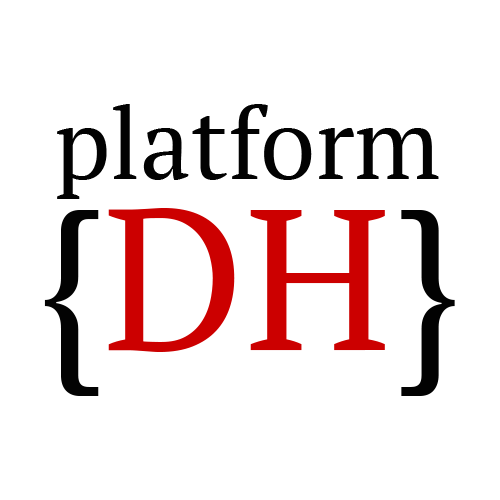Antwerp Summer Academy in DH 2016
S.E.201 Prinsstraat 13, Antwerpen, Antwerpen, BelgiumDemystifying Digitisation: A Hands-On Master Class in Text Digitisation
This two-day workshop offers the perfect opportunity to become better acquainted with some of the main concerns that need to be addressed at the outset of both mass- and ad hoc digitisation projects. The core of the our programme exists of two half-day workshops on software packages that may help the researcher automate some aspects of the transcription process. The first will deal with ABBYY, still one of the best software packages around for OCRing digitised print materials. Focusing on the software’s possible advantages and pitfalls, this workshop will show the participants how to prepare their documents in order to achieve the best OCR results. The second workshop will introduce Transkribus, a software package that has recently made great advancements in optically recognising characters in handwritten materials. The programme will be completed by four (interactive) sessions on related topics that will be organised around these workshops.





